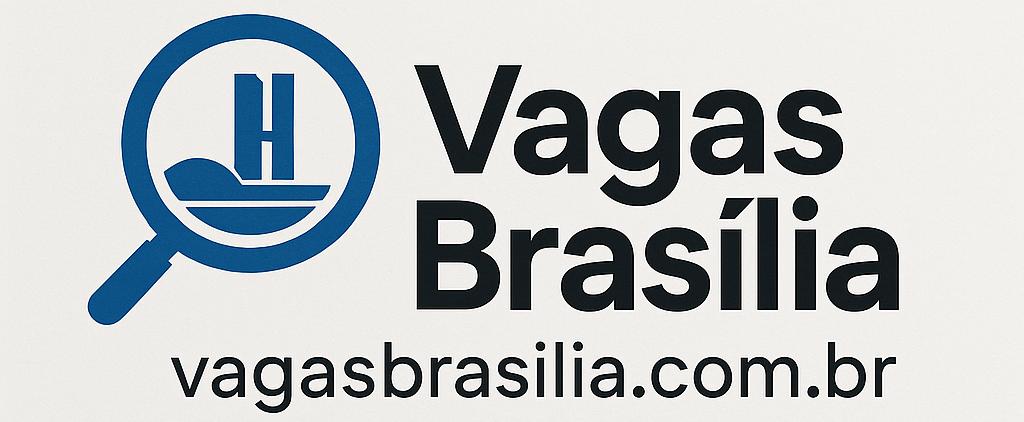The Power of "Or": Understanding the Conjunction in English
In the English language, conjunctions play a vital role in connecting words, phrases, and clauses to convey meaningful expressions. One such conjunction is "or," which is used to introduce alternatives, possibilities, or choices. In this article, we will delve into the world of "or" and explore its usage, functions, and importance in everyday communication.
What is "Or" in English?
"Or" is a coordinating conjunction that links two or more words, phrases, or clauses that provide alternatives or options. It is used to indicate that one or more of the options presented are possible, acceptable, or true. The word "or" is often used to offer a choice between two or more things, making it a crucial element in decision-making and problem-solving.
Functions of "Or"
The conjunction "or" serves several purposes in English:
- Introducing alternatives: "Or" is used to present two or more options, allowing the speaker or writer to choose one or more of them. For example: "Do you want to go to the beach or the park?"
- Indicating possibilities: "Or" is used to suggest that one or more of the options presented are possible or likely. For example: "It may rain or snow tomorrow."
- Offering choices: "Or" is used to provide alternatives, enabling the speaker or writer to make a decision. For example: "Do you prefer coffee or tea?"
- Connecting clauses: "Or" is used to connect two or more independent clauses, making them part of a single sentence. For example: "I can go to the store, or I can order online."
Usage of "Or"
The usage of "or" is straightforward, but there are some important considerations to keep in mind:
- Use "or" instead of "and": When presenting alternatives, use "or" instead of "and" to avoid ambiguity. For example: "Do you want to go to the movies or the theater?" (not "and")
- Use "either…or": When presenting two options, use "either" before the first option and "or" before the second option. For example: "Do you want to go to the beach or the park? Either way, it will be fun."
- Avoid using "or" with "and": In general, it is best to avoid using "or" with "and" in the same sentence, as it can create confusion. For example: "I can go to the store, and I can order online or…" (rewriting the sentence is recommended)
Conclusion
In conclusion, the conjunction "or" is a vital element in the English language, providing alternatives, possibilities, and choices. Understanding the functions and usage of "or" is essential for effective communication, decision-making, and problem-solving. By mastering the use of "or," speakers and writers can convey their messages more clearly, accurately, and efficiently. Whether in everyday conversations or formal writing, the power of "or" should not be underestimated, as it enables us to express ourselves more effectively and make informed choices.
